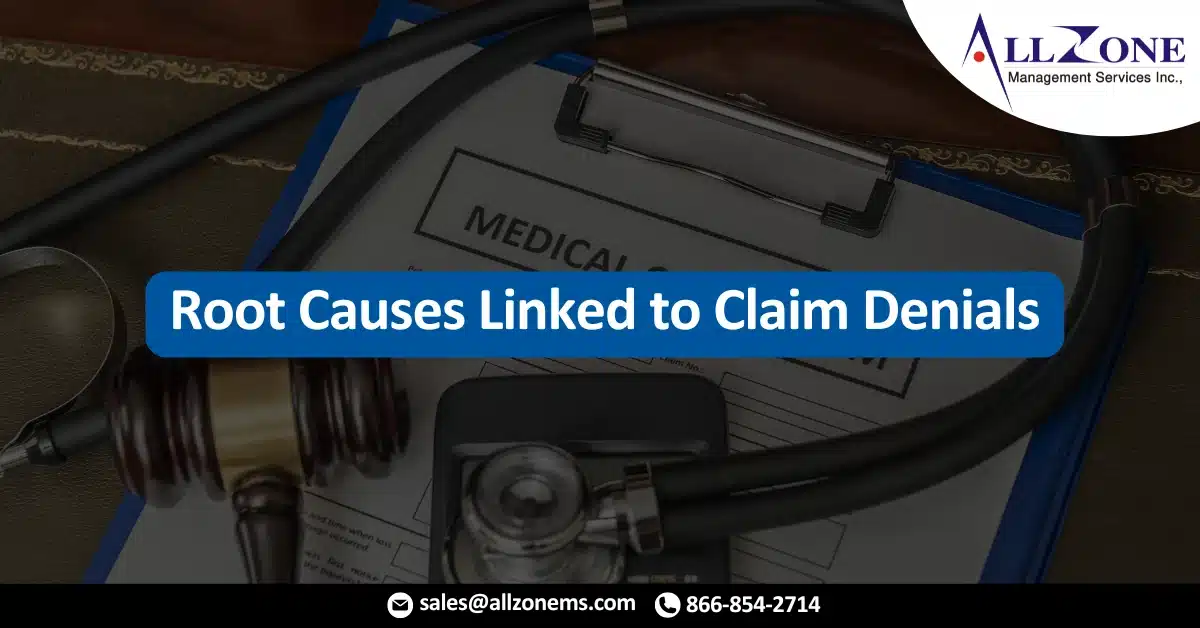The right revenue cycle management technology can create a transparent, seamless patient experience, which benefits the bottom line. For the longest time, revenue cycle management has been the man behind the curtain. Healthcare organizations have focused on improving the clinical experience using technology and provider education while telling patients and providers to pay no attention […]
CMS’ reworked the Merit-based Incentive Payment System, to simplify reporting requirements for providers in its 2020 Physician Fee Schedule Quality Payment Program Final Rule.Patient billing disputes result in more work for hospital staff and can potentially stand in the way of timely payment for services. However, many organizations are making efforts to avoid or reduce […]
CMS on Friday issued its 2020 final rules for the Physician Fee Schedule, including a streamlining of evaluation and management services (E/M) reporting that was rolled back from an earlier proposal in a change providers applauded. The final rule, which is mostly unchanged from the proposed rule put forward in July, also cuts payments to physical therapists […]
Hospital and health system executives should monitor these proposals for provisions that will affect their organizations’ operations. The 2020 annual rule cycle has been active for CMS. Several proposals in the outpatient prospective payment system (OPPS) proposed rule is controversial, although there is at least one provider-friendly change. Here’s a roundup of five regulatory rules […]
Most healthcare organizations partner with physician services groups for niche coverage. While outsourced medical services are available across all specialties, common areas for external physician support include anesthesia, radiology, wound care, and emergency medicine. However, when outsourced physician services are used, challenges to ensure accurate reimbursement for both components of care—the hospital portion and the […]
Effective revenue cycle management can reduce hospice claim denials, particularly those associated with billing or documentation errors. In addition to slowing down payments or losing revenue, submitting inadequate or incomplete required written documentation is a sure-fire way to bring surveyors or auditors to a hospice’s doorstep. As regulators increasingly fix their eyes on the hospice space, providers […]
With patients seeing higher medical bills than ever and healthcare costs continuing to rise, healthcare organizations need to stay on top of the revenue cycle to ensure they can capture payments and be prepared for changes in 2020. Speaking at the annual meeting of the American Health Information Management Association (AHIMA) in Chicago, Cassi Birnbaum, […]
The Senate passed a continuing resolution that would temporarily stop the implementation of Medicaid DSH payment cuts until Nov. 22, 2019. CMS on Monday finalized a rule that will reduce Medicaid Disproportionate Share Hospital (DSH) payments by $4 billion next year and $8 billion a year until fiscal year 2025. The new final rule will implement Medicaid DSH payment […]
Three revenue cycle tips are provided to reduce denied claims. Claim denials represent millions of dollars in lost and delayed net reimbursement annually. According to the American Medical Association (AMA), cost estimates of inefficient healthcare claims processing, payment, and reconciliation top out at $210 billion per year. Claim denials are so common, they’ve become a fixture […]
Over 60 percent of hospitals and health systems are not realizing optimal value from their EHR system, causing the organizations to collaborate with other vendors and outsourcing companies to improve revenue cycle performance. That was a finding from a new Navigant analysis based on an executive survey conducted by Healthcare Financial Management Association (HFMA), which polled 108 […]









